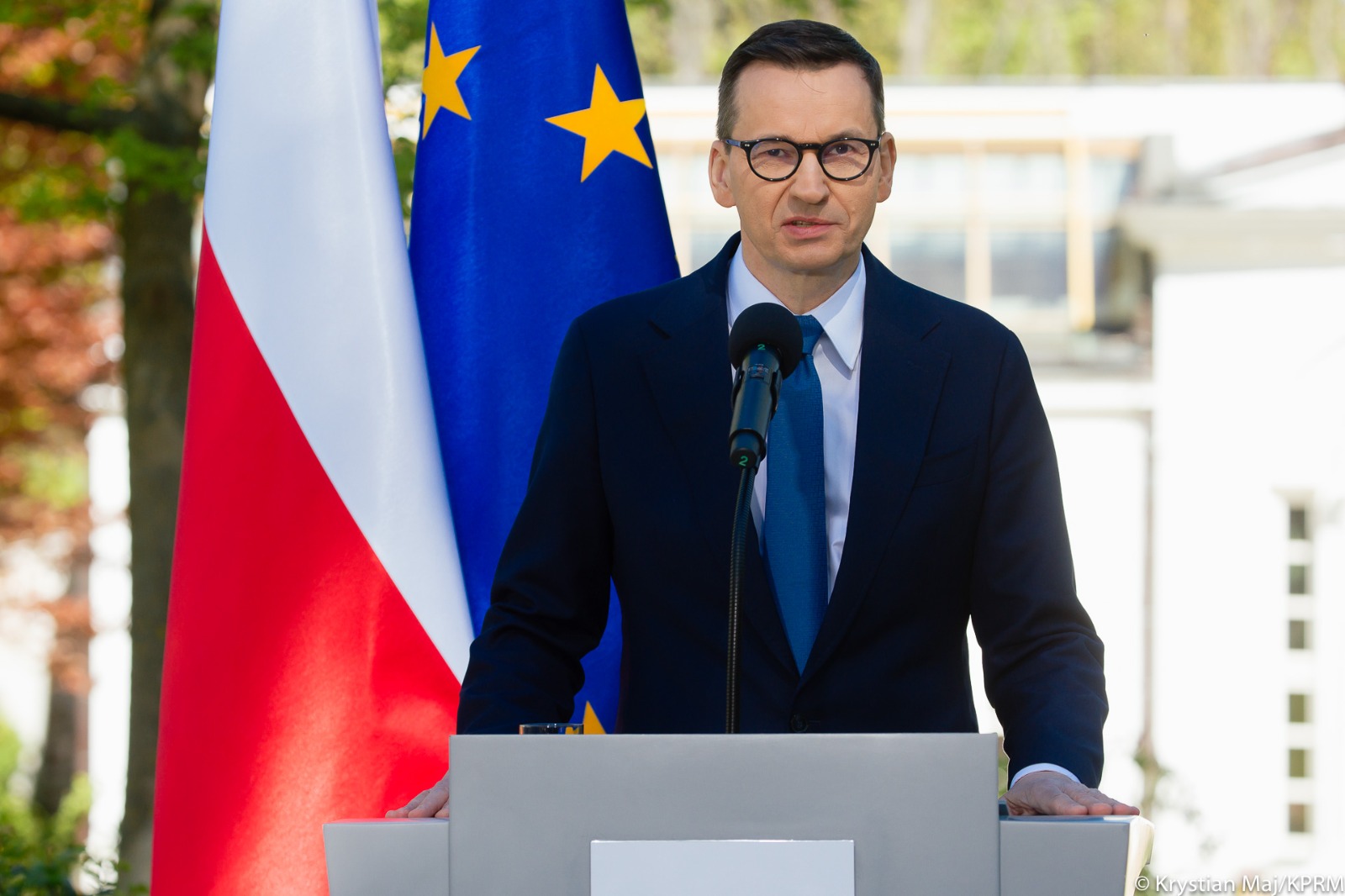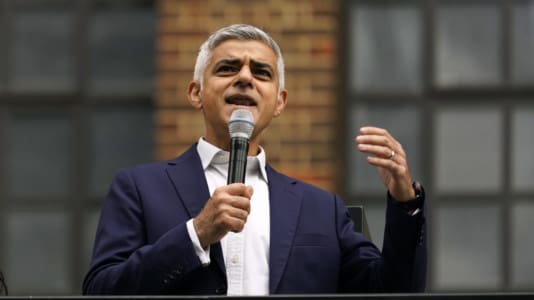Polish Prime Minister Mateusz Morawiecki has called a European Parliament vote intended to derail Hungary’s presidency of the EU Council next year a clear violation of EU rules.
Speaking at a press conference following a summit of the European Political Community in Moldova, the Polish leader criticized the resolution passed earlier on Thursday by EU lawmakers who called on the EU Council to find a “proper solution” to its concerns about a Hungary-led organization or else face “appropriate measures.”
He claimed the non-binding motion breached the foundation of European principles and warned of the downward trajectory the European Union would be heading should it seek to silence those with whom the liberal establishment disagrees.
“I believe that this is just a hoot on the part of the European Parliament, because it is a clear violation of European rules in their most important form, i.e. treaty rules,” Morawiecki told journalists.
“Treaties that determine what the EU looks like. Destroying the entire management of the EU in this way is not only a road to nowhere, but also a road to the abyss,” he added.
[pp id=79447]
Despite a difference of opinion on the response to the Ukrainian conflict, the conservative administrations in Budapest and Warsaw have shared similar experiences in their dealings with Brussels, and both have remained defiant in response to attempts by the European Commission to withhold critical funding due to concerns over how the two nations are governed.
Hungary is due to take on the Council presidency in the second half of next year, and while Thursday’s vote attempting to derail the process, it holds zero weight from a legal perspective.
Poland, however, has reason to side with Hungary on the issue of the rotating EU presidency given the fact that Warsaw is due to take the reins from Budapest in the first six months of 2025.
“Poland will very clearly point to the illegality and violations of the rule of law by the European Parliament in this respect,” Morawiecki added.
The Polish leader also commented on the wider issues facing member states with regards to attempts by so-called larger nations to change the democratic processes within the European Union and amend voting rules in certain areas from unanimous voting to qualified majority voting, or QMV.
“If there is an attempt to rape individual EU members, if there is an attempt to force EU countries to a qualified majority in the decision-making process, to the so-called federalization, i.e. de facto centralization of the decision-making process, the bureaucratic process, it will be a path in a very, very wrong direction, a path leading astray,” he warned.






